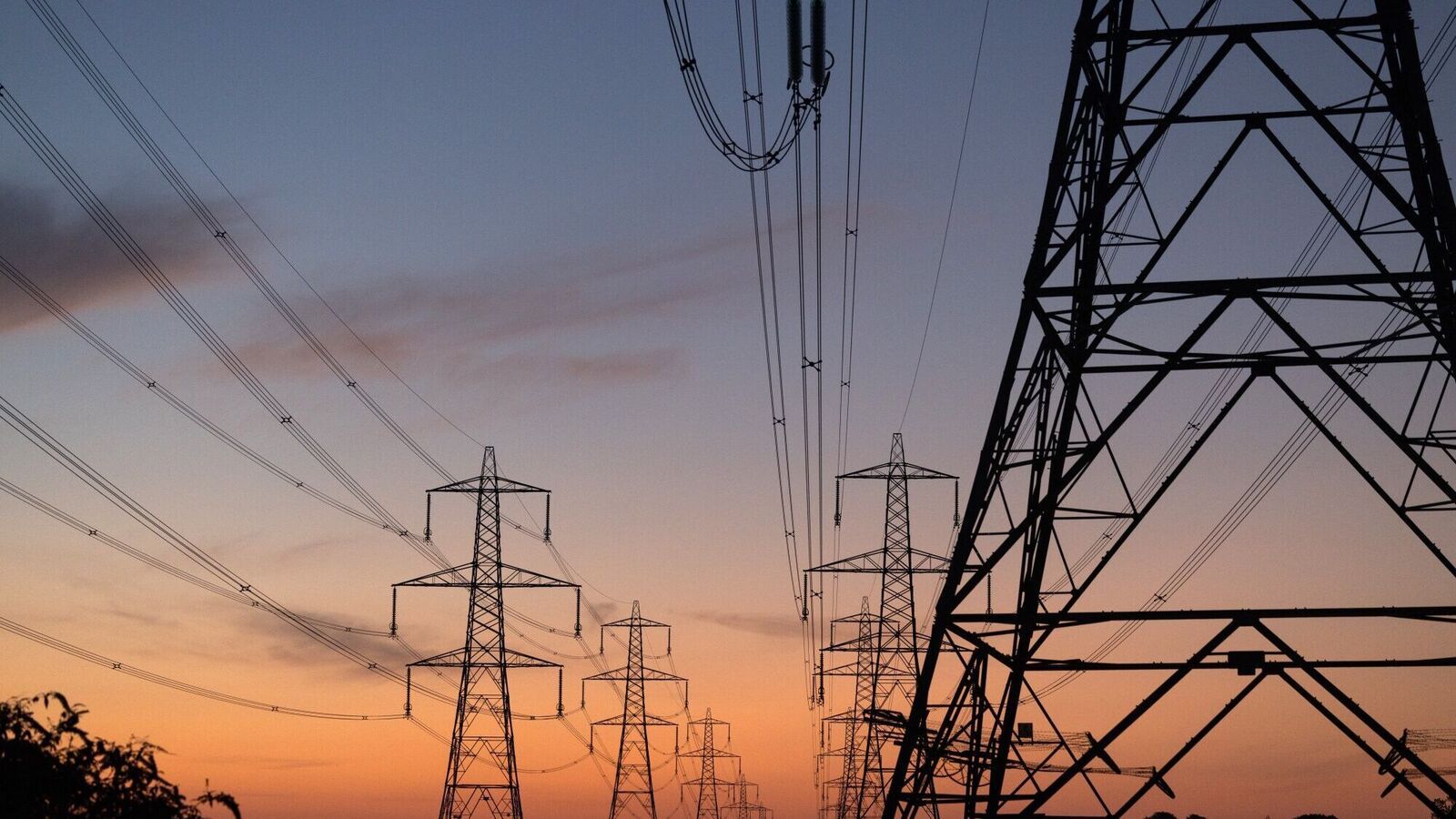 Image Source: Mint
Image Source: Mint
The Confederation of Indian Industry (CII) recently conducted a comprehensive survey highlighting both optimism and formidable hurdles in India’s ambitious smart meter implementation. Smart metering is a cornerstone of the government’s energy distribution reform, promising improved billing transparency, theft reduction, and grid efficiency. Yet, according to industry experts and stakeholders, the pathway faces critical bottlenecks including legacy infrastructure, consumer awareness gaps, and regulatory clarity.
Key Highlights from the CII Survey
A majority of respondents rated the current state of India’s smart metering infrastructure as average, with 41 percent expressing a positive outlook.
About 57 percent identified outdated utility infrastructure as the key challenge causing interoperability issues and complicating data management.
Poor network connectivity, especially in remote and rural areas, was a significant barrier highlighted by over half the participants, affecting real-time data transmission and responsiveness.
Consumer awareness relating to billing mechanisms, data privacy, and smart meter benefits remained low, necessitating concerted education campaigns.
Regulatory ambiguity and sluggish procurement processes further slowed deployment, with stakeholders calling for clearer directives and streamlined procedures.
Infrastructure and Technical Challenges
Legacy grid systems often lack the digital maturity necessary for smooth integration with smart meters, resulting in data inconsistencies and operational inefficiencies.
Ensuring hardware and software interoperability remains a persistent issue, as varied vendors and technology platforms compete within a fragmented ecosystem.
Connectivity challenges in geographically difficult or underserved regions prevent effective real-time monitoring and management, undermining the full potential of smart meters.
Consumer-Centric Experience as a Priority
Dr. Suket Singhal, Group CEO of Secure Meters and Chair of the CII Taskforce on Smart Metering, emphasized that enhancing consumer engagement is crucial.
He recommended ensuring that prepaid electricity billing via smart meters matches or surpasses the convenience and ease of mobile telephony and DTH services.
Consumer trust depends on transparency in billing, data visibility, and efficient grievance redressal processes, ensuring users feel empowered rather than burdened.
Training initiatives to educate end users on reading meters, interpreting bills, and leveraging data analytics were flagged as essential steps.
Cybersecurity and Data Privacy
The survey highlighted that all smart metering solutions must embed robust cybersecurity measures, addressing vulnerabilities that could threaten data integrity or lead to unauthorized access.
Privacy safeguards must be a fundamental design element to maintain stakeholder confidence and comply with emerging regulations on personal data protection.
Path Forward: Modernizing Distribution Networks
Modernization of power distribution grids is vital to realizing the full benefits of the Revamped Distribution Sector Scheme (RDSS), under which extensive smart meter rollouts occur.
Experts agree that building an efficient technology and IT backbone, supported by skilled personnel and operational accountability, is critical.
Governments and utilities must prioritize systematic auditing and monitoring of deployed meters to ensure functional reliability and prevent fraud.
Conclusion
The CII survey provides a realistic snapshot of India’s smart metering journey—brimming with promise yet grappling with structural, technological, and social challenges. Resolving these will require multi-stakeholder collaboration among regulators, utilities, consumers, and technology providers. By addressing infrastructure deficits, investing in awareness programs, and ensuring user-friendly experiences backed by robust security, India can accelerate its transition to a modern, transparent, and efficient power distribution ecosystem.
Sources: Indian Masterminds, Mathrubhumi, Business Standard
Advertisement
Advertisement



